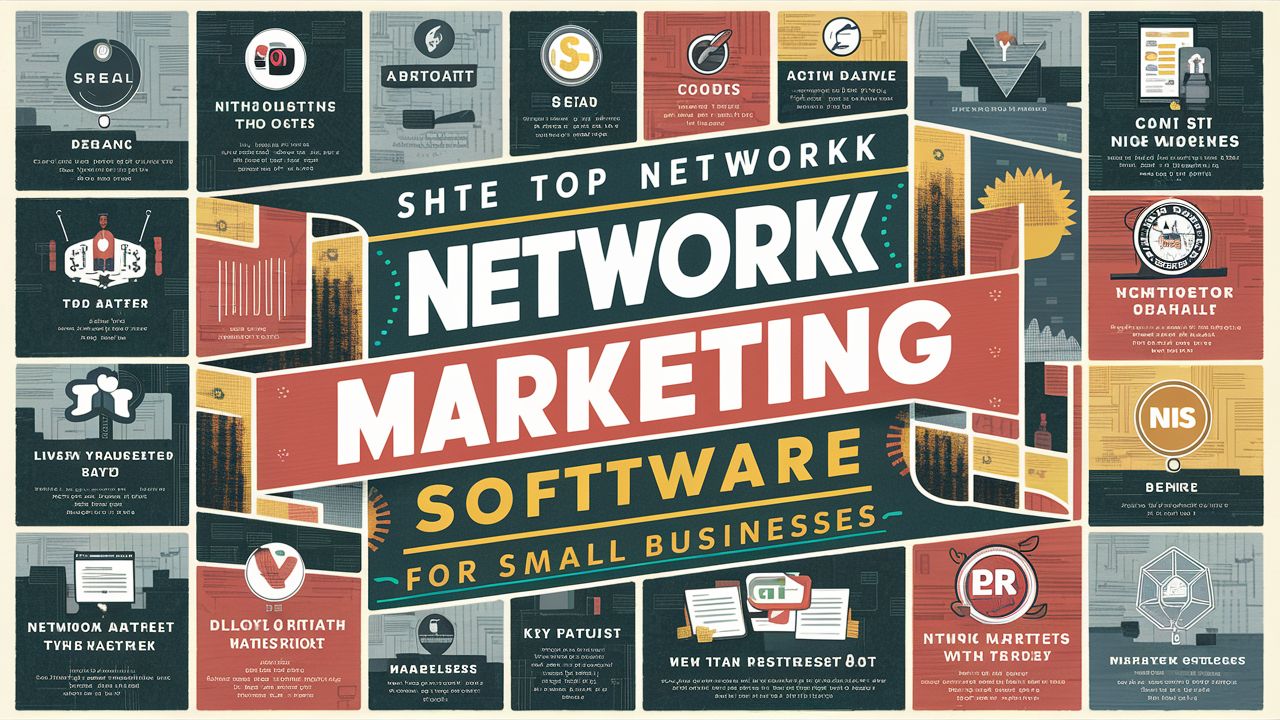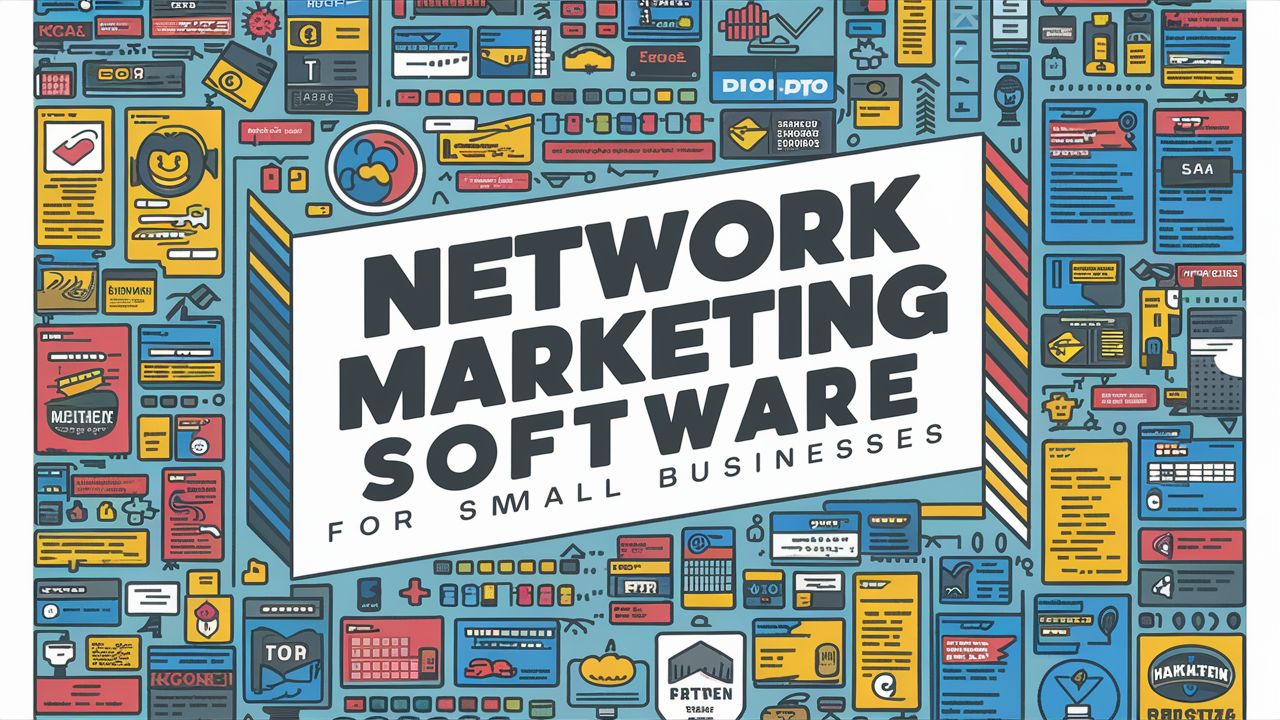

In the fast-paced world of network marketing, having the right software can make all the difference for small businesses. With the rise of technology and the increasing importance of online presence, choosing the best network marketing software is crucial for success. This comprehensive review will explore some of the top options available, tailored specifically for small businesses aiming to thrive in the network marketing landscape.

1. Understanding Network Marketing Software
Before diving into specific software options, it’s essential to grasp the concept of network marketing software and its significance for small businesses. Network marketing software is designed to streamline and automate various aspects of network marketing operations, including lead generation, customer management, sales tracking, and team collaboration. By leveraging such software, small businesses can effectively manage their network marketing efforts, enhance efficiency, and drive growth.
2. Assess Business Needs
Before exploring options, it’s essential to understand the specific needs and goals of the MLM business. Consider factors such as the size of the network, target market, product or service offerings, compensation structure, and budget constraints.
3. Research Available Options:
Conduct thorough research on available MLM software solutions. Explore reputable vendors and carefully examine their features, functionalities, pricing plans, customer reviews, and industry reputation. Look for software that aligns with the identified business needs and goals.

4. Evaluate Features and Functionalities:
Narrow down the options based on the features and functionalities offered by each MLM software. Some key features to evaluate include:
5. Consider Customization Options:
Opt for MLM software that offers customization options to tailor the system according to the unique requirements of the business. Customization capabilities allow small MLM businesses to adapt the software to their branding, compensation plans, reporting needs, and workflow preferences.
6. Assess User-Friendliness:
User-friendliness is crucial for ensuring widespread adoption and effective utilization of the MLM software. Choose software with an intuitive interface, easy navigation, and comprehensive user training resources. A user-friendly system minimizes the learning curve for distributors and enhances overall productivity.
7. Check Scalability and Flexibility:
Small MLM businesses should invest in software that can scale alongside their growth. Scalable software accommodates increasing network size, transaction volumes, and business complexity without requiring significant overhauls or disruptions. Additionally, prioritize flexible software that allows for easy updates, modifications, and expansion as business needs evolve.
8. Review Customer Support:
Adequate customer support is essential for resolving issues, troubleshooting technical problems, and maximizing the value of the MLM software investment. Choose a vendor known for responsive customer support, timely assistance, and ongoing updates or maintenance services. Accessible customer support ensures smooth operations and minimizes downtime for the MLM business.
9. Consider Budget and Pricing Structure:
While cost shouldn’t be the sole determining factor, it’s crucial to consider the budgetary constraints of the small MLM business. Evaluate the pricing structure of each MLM software solution, including upfront costs, subscription fees, additional charges for customization or support services, and any hidden expenses. Choose a software option that offers a balance between affordability and value.
10. Seek Recommendations and References:
Don’t hesitate to seek recommendations from industry peers, mentors, or MLM professionals who have experience with different software solutions. Additionally, request references from the software vendors and reach out to existing customers to gather insights into their experiences, satisfaction levels, and any challenges faced with the software.

11. Conduct a Trial or Demo:
Before making a final decision, request free MLM demo of the shortlisted MLM software options. Hands-on experience allows small MLM businesses to assess the usability, performance, and suitability of the software firsthand. During the trial period or demo sessions, test out key features, simulate real-world scenarios, and gather feedback from users to make an informed decision.